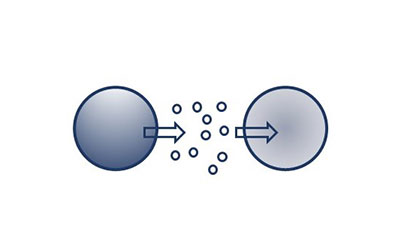-
SKU: aeromonas-aminopeptidase-proteinAs low as €112.00
In stock
-
SKU: aeromonas-salmonicida -outermembraneproteinaompa-proteinAs low as €216.00
In stock
-
SKU: anti-human-il-4-monoclonal-antibody€275.00
In stock
-
SKU: anti-human-resistin-monoclonal-antibody€275.00
In stock
-
SKU: anti-mouse-il-10-monoclonal-antibodyAs low as €112.00
In stock
-
SKU: bovine-fgf-2basic-proteinAs low as €85.00
In stock
-
SKU: chicken-growthhormonemutantg119r-proteinAs low as €196.00
In stock
-
SKU: chicken-growthhormone-proteinAs low as €196.00
In stock
-
SKU: chicken-leptinbinding-proteinAs low as €510.00
In stock
Cytokines & Growth Factors


Cytokines are small, secreted proteins that play a central role in cell communication, particularly in the immune system. They regulate inflammatory reactions, cell proliferation, differentiation and apoptosis. The main types include interleukins, interferons, tumor necrosis factors, chemokines and growth factors. These molecules usually have a paracrine or autocrine effect by activating specific receptors on target cells.
Cytokines can have a proinflammatory (e.g. IL-1, TNF-α) or anti-inflammatory (e.g. IL-10, TGF-β) effect, which makes them crucial for the balance between immune defense and tissue damage. They are often key players in the context of infections and autoimmune diseases. They are also involved in wound healing, angiogenesis and tissue regeneration. Dysregulation of cytokines is associated with a variety of diseases, including cancer, sepsis and chronic inflammatory diseases. In medicine, they serve as therapeutic targets or agents, such as in interferon therapy or the blockade of TNF-α in rheumatoid arthritis.
All prices plus VAT + possible delivery charges
